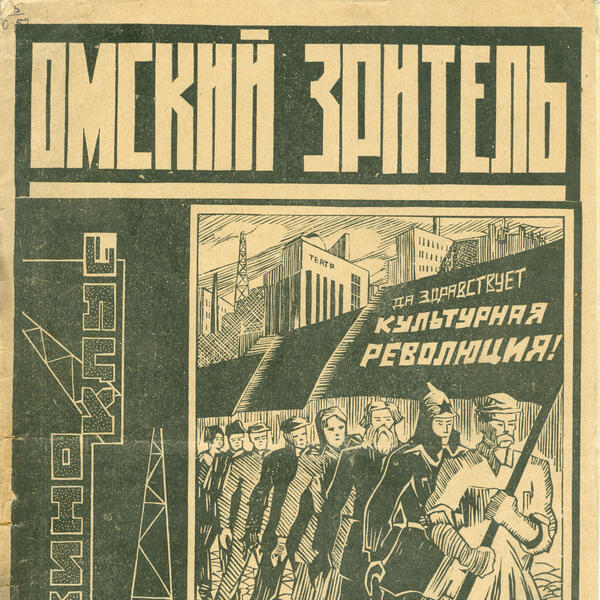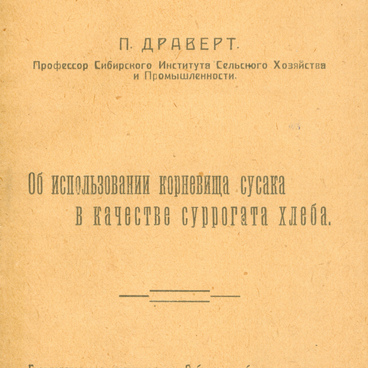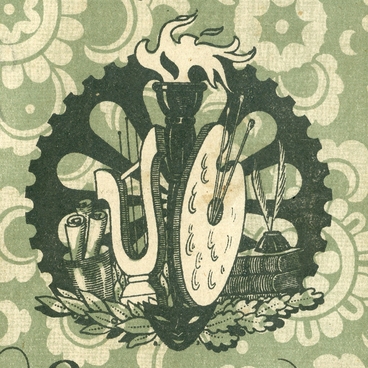Omsky ZrItel (Omsk Spectator) was a mainstream monthly illustrated magazine published by the Omsk District Branch of Public Education. The magazine was published in 1928–1929. Three issues were published in 1928, the first one of them dedicated to the anniversary of the October Revolution, and six more in 1929. The last issue went on sales in early June. Editions were limited to 1,500 copies. It was a fast-selling magazine in demand.
The first issue of ‘Omsky Zritel’ stated its major tasks: struggling against the reactionary art trend, exposing ‘all sorts of hacks who publish hackjobs in the disguise of proletarian art distorting the workers' notion of true art, ’ supporting schools, technical schools, art clubs, and reading rooms for the benefit of art education of youth. The magazine would regularly open with a front-page story of the Revolution events and issues of the ‘cultural construction’. At times, the story was followed by a quote from Lenin, Lunacharsky, or Gorky placed at the bottom of the page.
Although the magazine was merely 16 pages long and small in size, the publishers attempted to cover the whole range of readers' interests: club activities, cinema, circus performances, concerts, and tour performances. Theater was a prime focus. The magazine’s publishers defended the significance of a Soviet stage play, mainly “industrial” and openly sympathized with “revolutionary” stage performances. Still, they shared their ideas much more modestly than other publications being quite tolerant towards the otherwise minded.
Omsky Zritel never steered clear of any disputes, especially the ones on theater. The magazine’s representatives joined any discussions and disputes over stage performances, plays, repertoire issues, and reinterpretations of classical pieces. When the Omsk Drama Theater staged the Cherry Orchard closely following the well-known existing performances, the hostile reception was given. Boris Zherebtsov (under the pseudonym Bozh) noted in despair, ‘Sadly, we have to point out that such a talented and consolidated stage group is often overwhelmed by the forceful burden of obsolete conformity. We have dearly reproduced the old stage performance by the Moscow Art Theater from 1904 (25 years ago). Why revive the history? Theater is no place for celebrating anniversaries of plays or playwrights, however, being a tool for fulfilling current needs, promoting Soviet ideas, and cultivating the collective will in the masses’.



